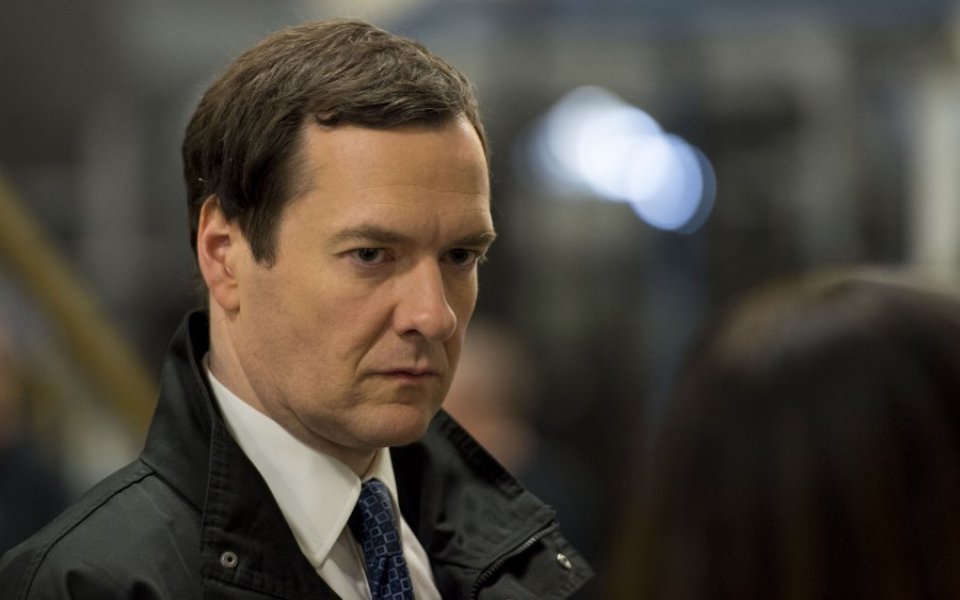Autumn Statement 2015: George Osborne’s spending plans slammed by leading economists from the Institute for Fiscal Studies

George Osborne’s spending plans have taken a hit from leading economists, who say it is unlikely that the chancellor will be able to keep his fiscal promises.
The Treasury was forced to defend this week’s Autumn Statement and Spending Review announcements last night after the influential Institute for Fiscal Studies (IFS), an independent research institute, said there was just a 50-50 chance Osborne would hit his target of a surplus in 2019-2020.
Calling Osborne’s £10.1bn surplus goal “completely inflexible”, IFS director Paul Johnson warned: “This is not like the friendly, flexible fiscal target of the last parliament, which allowed him to accept a bigger deficit when growth and tax revenues disappointed. This is fixed, four years out.
Read more: Stamp duty changes may be the final straw for landlords
“The forecasts will change again, and by a lot more than they have over the past few months. If he is unlucky – and that’s almost a 50-50 shot – he will have either to revisit these spending decisions, raise taxes, or abandon the target.”
Johnson said Osborne had been “lucky” that changes in forecasts for lower debt interest payments and higher tax revenues had allowed him to avoid deeper cuts or tax increases:
By adding some tax increases he has made some of his own luck. He’s going to need his luck to hold out.
Johnson is not the only economist to raise questions about the feasibility of Osborne’s tax and spend plans. Pantheon Macroeconomics chief UK economist Samuel Tombs said this week he doubted public finances would “heal as swiftly as the official forecasts expect”.
“Accordingly, we think that the chancellor will face a dilemma mid-way through this parliament: he will either have to raise taxes comprehensively or break his fiscal rule,” Tombs wrote. “As the fiscal squeeze will have slowed the economy by that point, and the Conservatives only have a slim majority in the Commons, we think he will eventually break his rule.”
Opposition parties used the IFS analysis to attack Osborne last night. Shadow chancellor John McDonnell cited IFS estimates that Osborne’s shift from tax credits to Universal Credit would cost 2.6m families an average of £1,600 per year to claim that “Tory spin is unravelling”.
But a Treasury spokesperson defended the policy change, saying: “Universal Credit is designed to ensure that work always pays. It is an entirely different system to the current one, taking in six different tax credits and benefits – with none of the cliff edges of tax credits.
“So comparing what someone making a new claim would receive under the new system in 2020 to what they would be eligible for now is not legitimate,” the spokesperson added.